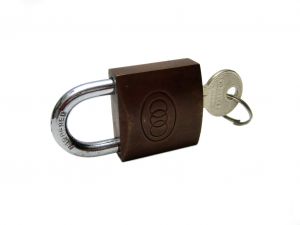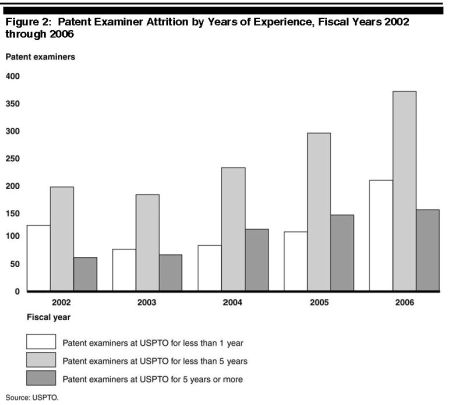 The USPTO announced that it is launching a program to allow an Examiner interview before first action. Here’s the process. First the applicant requests a first-action interview. The examiner conducts a prior art search and provides the applicant a pre-interview communication. This is a condensed preview of objections or rejections proposed against the claims. Then, within 30 days, the applicant must either elect (1) not to have a first action interview with the Examiner, or (2) to schedule the interview and file a proposed amendment and/or remarks.
The USPTO announced that it is launching a program to allow an Examiner interview before first action. Here’s the process. First the applicant requests a first-action interview. The examiner conducts a prior art search and provides the applicant a pre-interview communication. This is a condensed preview of objections or rejections proposed against the claims. Then, within 30 days, the applicant must either elect (1) not to have a first action interview with the Examiner, or (2) to schedule the interview and file a proposed amendment and/or remarks.
The pilot only applies to applications classified in Class 709 (electrical computers and digital processing systems: multi-computer data transferring) and applications in Class 707 (data processing: database and file management or data structures.
In all other cases, MPEP 713.02 applies to allow pre-examination interviews at the descretion of the Examiner.



